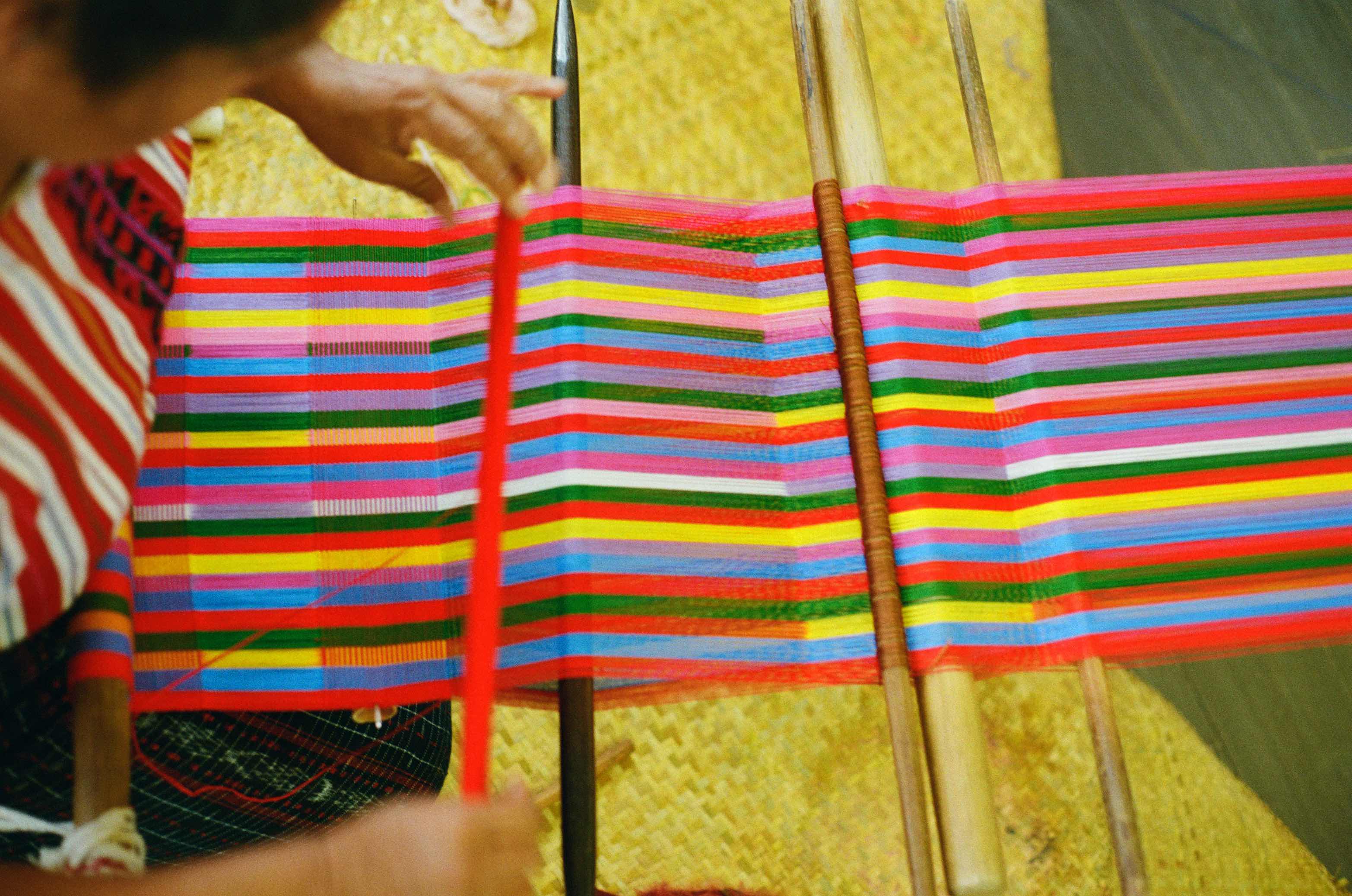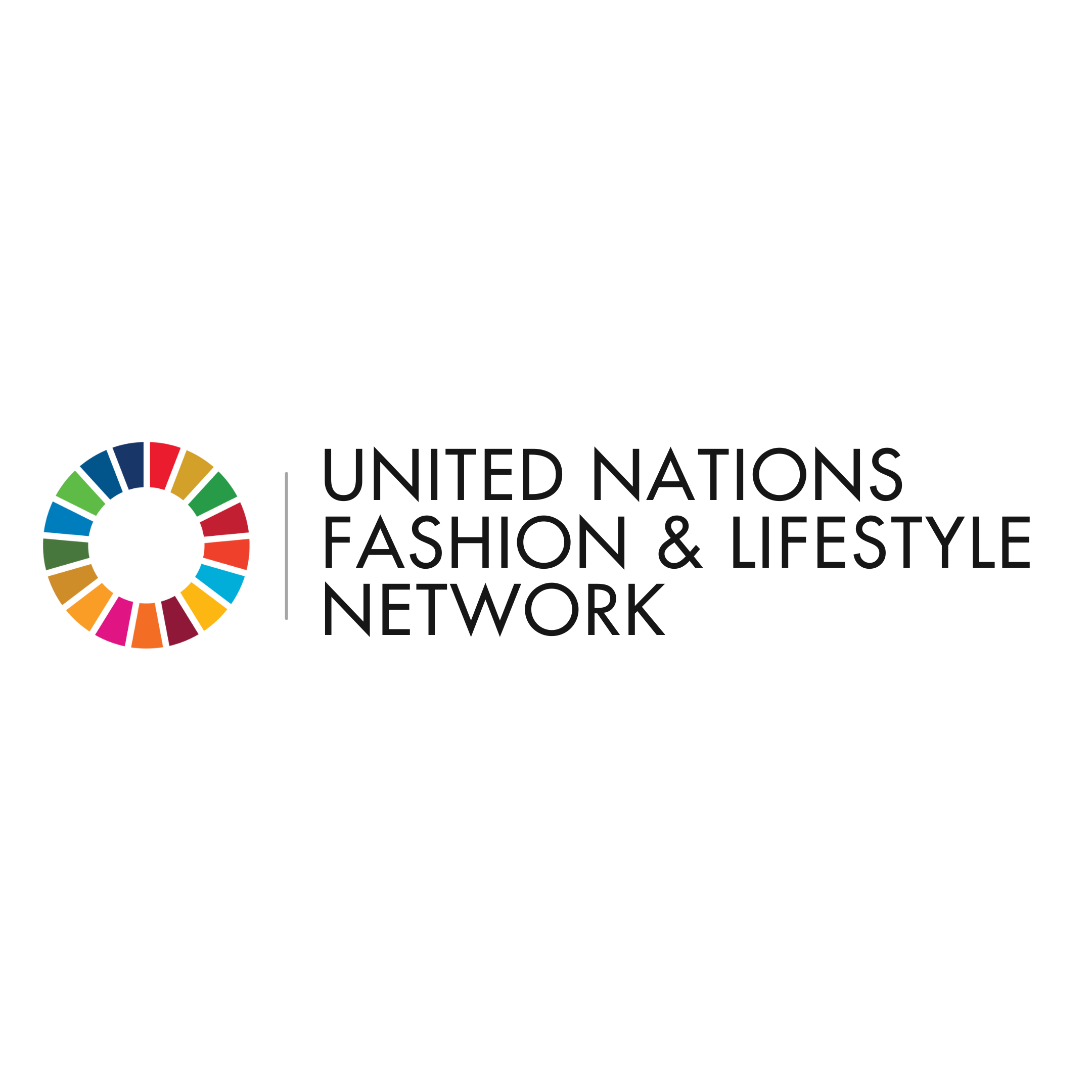ITINÉRANCE Méditerranée
Itinérance Méditerranée
(
Non-governmental organization (NGO)
)
#SDGAction57079
Description
Since 2018, ITINÉRANCE Méditerranée has been uniting a community of artisans and changemakers across the Mediterranean. By emphasizing the transmission of skills and co-creation, the association contributes to the economic and cultural empowerment of local craftswomen while preserving their intangible heritage. Its mission is structured around three key areas: supporting artisans, training new generations, and raising public awareness about the importance of cultural heritage.
The association employs an inclusive and participatory co-creation methodology, fostering dialogue between artisans and partners. Projects are designed around workshops, training sessions, and creative residencies. Each step is documented to ensure knowledge transfer. Implementation relies on local partnerships to maximize efficiency and impact.
ITINÉRANCE organizes training sessions to enhance artisans’ skills in creativity. This a key part of their empowerment. Workshops introduce digital tools to support the documentation of know-how and facilitate visibility. The association also encourages knowledge exchange between artisans, students and industry experts to foster innovation.
ITINÉRANCE adopts a collaborative and horizontal approach to project coordination. Each project is guided by steering committees composed of association members, artisans, and local partners. A digital mapping platform will soon connects the different communities and ensures smooth communication. Regular meetings and digital tools facilitate coordination and project monitoring.
Projects are evaluated through both qualitative and quantitative indicators. Regular surveys of artisans and partners measure the economic and social impact of activities. The association also conducts annual reviews to analyze results and identify areas for improvement. Each project is documented through reports and media content (podcasts, videos, photos), serving as evaluation tools.
ITINÉRANCE Méditerranée partners with artisan communities (Morocco, Tunisia, Egypt, Lebanon, Spain, etc.), museums (Benaki, Mucem, 19m, Institut Français), fashion and textile schools (Ensad Paris, Beaux-Arts Marseille, Academy de Mode Casablanca, Giu Cairo, Creative Space and Alba Beirut), and local and international organizations dedicated to cultural heritage preservation.
The association also collaborates with creative and cultural sector stakeholders to foster synergies between traditional craftsmanship and innovation.
SDGS & Targets
Goal 5
Achieve gender equality and empower all women and girls
5.1
End all forms of discrimination against all women and girls everywhere
5.1.1
Whether or not legal frameworks are in place to promote, enforce and monitor equality and non‑discrimination on the basis of sex
5.2
5.2.1
Proportion of ever-partnered women and girls aged 15 years and older subjected to physical, sexual or psychological violence by a current or former intimate partner in the previous 12 months, by form of violence and by age
5.2.2
Proportion of women and girls aged 15 years and older subjected to sexual violence by persons other than an intimate partner in the previous 12 months, by age and place of occurrence
5.3
5.3.1
Proportion of women aged 20-24 years who were married or in a union before age 15 and before age 18
5.3.2
Proportion of girls and women aged 15-49 years who have undergone female genital mutilation/cutting, by age
5.4
Recognize and value unpaid care and domestic work through the provision of public services, infrastructure and social protection policies and the promotion of shared responsibility within the household and the family as nationally appropriate
5.4.1
Proportion of time spent on unpaid domestic and care work, by sex, age and location
5.5
Ensure women’s full and effective participation and equal opportunities for leadership at all levels of decision-making in political, economic and public life
5.5.1
Proportion of seats held by women in (a) national parliaments and (b) local governments
5.5.2
Proportion of women in managerial positions
5.6
Ensure universal access to sexual and reproductive health and reproductive rights as agreed in accordance with the Programme of Action of the International Conference on Population and Development and the Beijing Platform for Action and the outcome documents of their review conferences
5.6.1
Proportion of women aged 15-49 years who make their own informed decisions regarding sexual relations, contraceptive use and reproductive health care
5.6.2
Number of countries with laws and regulations that guarantee full and equal access to women and men aged 15 years and older to sexual and reproductive health care, information and education
5.a
Undertake reforms to give women equal rights to economic resources, as well as access to ownership and control over land and other forms of property, financial services, inheritance and natural resources, in accordance with national laws
5.a.1
(a) Proportion of total agricultural population with ownership or secure rights over agricultural land, by sex; and (b) share of women among owners or rights-bearers of agricultural land, by type of tenure
5.a.2
Proportion of countries where the legal framework (including customary law) guarantees women’s equal rights to land ownership and/or control
5.b
5.b.1
Proportion of individuals who own a mobile telephone, by sex
5.c
Adopt and strengthen sound policies and enforceable legislation for the promotion of gender equality and the empowerment of all women and girls at all levels
5.c.1
Proportion of countries with systems to track and make public allocations for gender equality and women’s empowerment
Goal 12
Ensure sustainable consumption and production patterns
12.1
Implement the 10-Year Framework of Programmes on Sustainable Consumption and Production Patterns, all countries taking action, with developed countries taking the lead, taking into account the development and capabilities of developing countries
12.1.1
Number of countries developing, adopting or implementing policy instruments aimed at supporting the shift to sustainable consumption and production
12.2
By 2030, achieve the sustainable management and efficient use of natural resources
12.2.1
Material footprint, material footprint per capita, and material footprint per GDP
12.2.2
Domestic material consumption, domestic material consumption per capita, and domestic material consumption per GDP
12.3
By 2030, halve per capita global food waste at the retail and consumer levels and reduce food losses along production and supply chains, including post-harvest losses
12.3.1
(a) Food loss index and (b) food waste index
12.4
By 2020, achieve the environmentally sound management of chemicals and all wastes throughout their life cycle, in accordance with agreed international frameworks, and significantly reduce their release to air, water and soil in order to minimize their adverse impacts on human health and the environment
12.4.1
12.4.2
(a) Hazardous waste generated per capita; and (b) proportion of hazardous waste treated, by type of treatment
12.5
By 2030, substantially reduce waste generation through prevention, reduction, recycling and reuse
12.5.1
National recycling rate, tons of material recycled
12.6
Encourage companies, especially large and transnational companies, to adopt sustainable practices and to integrate sustainability information into their reporting cycle
12.6.1
12.7
Promote public procurement practices that are sustainable, in accordance with national policies and priorities
12.7.1
Number of countries implementing sustainable public procurement policies and action plans
12.8
By 2030, ensure that people everywhere have the relevant information and awareness for sustainable development and lifestyles in harmony with nature
12.8.1
Extent to which (i) global citizenship education and (ii) education for sustainable development are mainstreamed in (a) national education policies; (b) curricula; (c) teacher education; and (d) student assessment
12.a
Support developing countries to strengthen their scientific and technological capacity to move towards more sustainable patterns of consumption and production
12.a.1
Installed renewable energy-generating capacity in developing and developed countries (in watts per capita)
12.b
Develop and implement tools to monitor sustainable development impacts for sustainable tourism that creates jobs and promotes local culture and products
12.b.1
Implementation of standard accounting tools to monitor the economic and environmental aspects of tourism sustainability
12.c
Rationalize inefficient fossil-fuel subsidies that encourage wasteful consumption by removing market distortions, in accordance with national circumstances, including by restructuring taxation and phasing out those harmful subsidies, where they exist, to reflect their environmental impacts, taking fully into account the specific needs and conditions of developing countries and minimizing the possible adverse impacts on their development in a manner that protects the poor and the affected communities
12.c.1
Amount of fossil-fuel subsidies (production and consumption) per unit of GDP
SDG 14 targets covered
| Name | Description |
|---|
Deliverables & Timeline
Digital Map of Artisan Communities: A comprehensive digital mapping platform that identifies and connects artisan communities across the Mediterranean. This tool will serve as a resource for generating creative and economic collaborations.
Co-Created Textile Collection: A unique textile collection resulting from workshops and co-creation sessions with craftswomen.
Training Modules and Workshops A series of educational workshops and training modules focused on intangible heritage preservation, co-creation methodologies, and digital tools.
Exhibition and Documentation (Final Deliverable) A curated exhibition showcasing the co-created textile collection, accompanied by multimedia documentation.
Resources mobilized
Partnership Progress

Feedback
Action Network

Timeline
Entity
Region
- Africa
- Europe
- Latin America and the Caribbean
Geographical coverage
Other beneficiaries
The primary beneficiaries of ITINÉRANCE’s initiatives are craftswomen from isolated or marginalized communities in the Mediterranean region. Beneficiaries also include students and professionals in the creative industries who are trained in the preservation of intangible heritage. Lastly, the general public benefits from exhibitions and publications that highlight these skills and traditions.
More information
Countries








Contact Information
Alexia Tronel, Co-Founder

